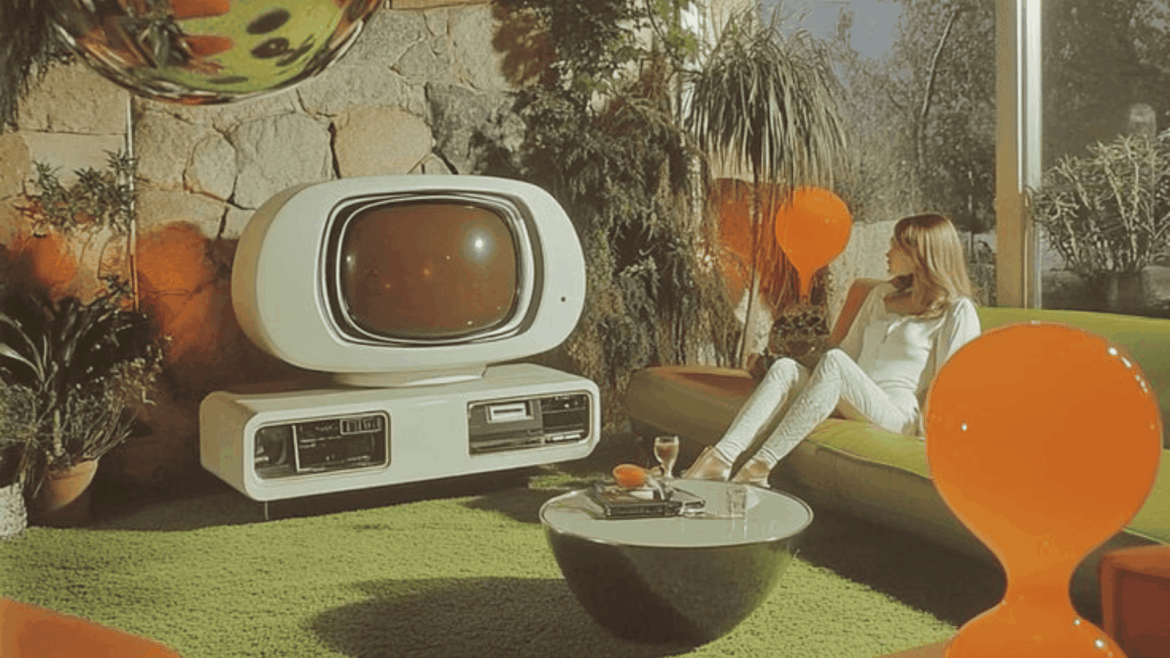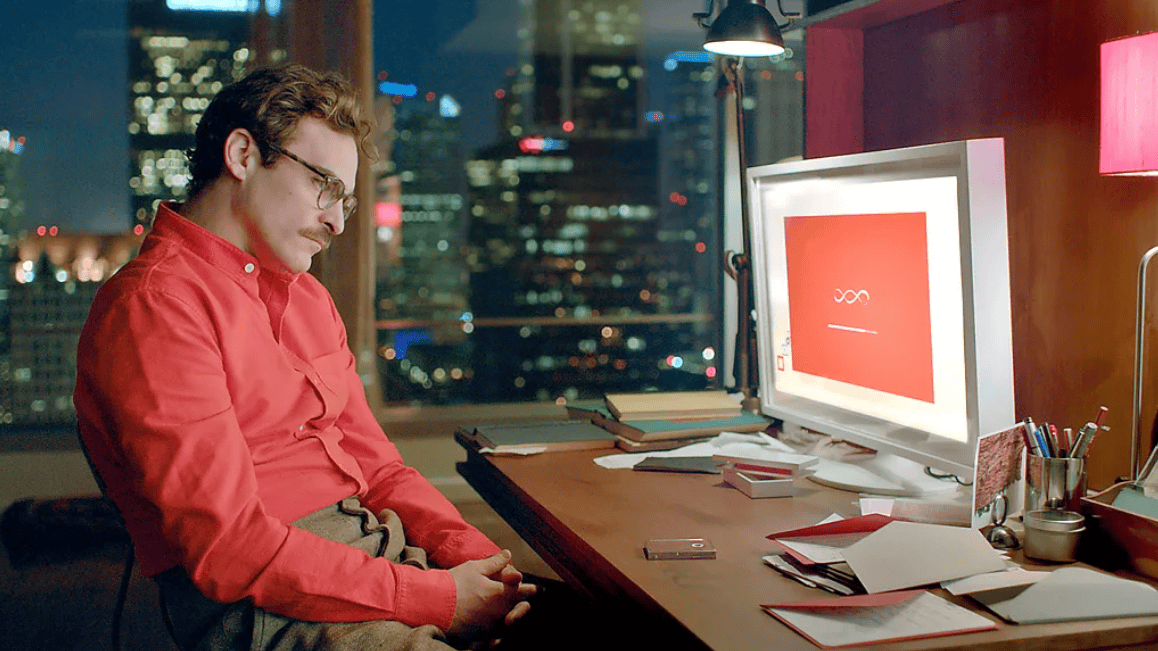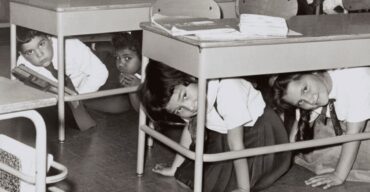If you told people in the ’60s or ’70s that we would talk to artificial intelligence in 2025, many would not believe you.
These kinds of topics were mostly seen as science fiction, and people believed that it would take hundreds of years until we reached that level of technology.
However, there are many habits that we have today that would sound surreal to people of the past, which shows how much our world has changed.
These 10 things make us feel like we are truly living in the future.
1. Talking to Virtual Assistants Like They’re People

Asking Alexa for the weather or telling Siri to play your favorite song has become a part of our daily routine.
Chatting with a device has become our second nature, and many children today do not know life without these virtual assistants.
In the past, this was a perfect plot for a sci-fi movie, but never something that would be considered reality.
The sheer idea of holding a full conversation with some invisible assistant that is not even human would’ve been bizarre, even in some cases, unsettling.
Now, we can learn about everything that is happening around us through them, not having to turn on the news or even look outside the window.
2. Posting Our Entire Lives Online

shutterstock
We share everything on our socials, from birthdays, vacations, to even losses and heartbreaks.
Privacy does not exist for many, and we feel like that trip we took did not even happen if we hadn’t posted a few photos on our social media.
Before, this was seen as bizarre because people cared about their privacy and did not want people they barely knew to know their every move.
It was seen as intrusive and rude, so most kept to themselves.
3. Counting Our Steps and Tracking Our Sleep

shutterstock
Wearing gadgets that monitor our every move, our heartbeat, and hours of sleep is completely normal today and is advised by our doctors or fitness instructors.
People in the past relied on intuition and how they felt to know if they were doing okay (seeing doctors was mostly for emergencies).
Now we get notifications to get up if we have been sitting for too long, or a reminder to drink another glass of water.
If people from the ’60s knew about this, they would find it odd and maybe even redundant. Health used to be a feeling, and now it’s a graph shown on a black screen on your wrist.
4. Getting Food Delivered by Tapping a Screen
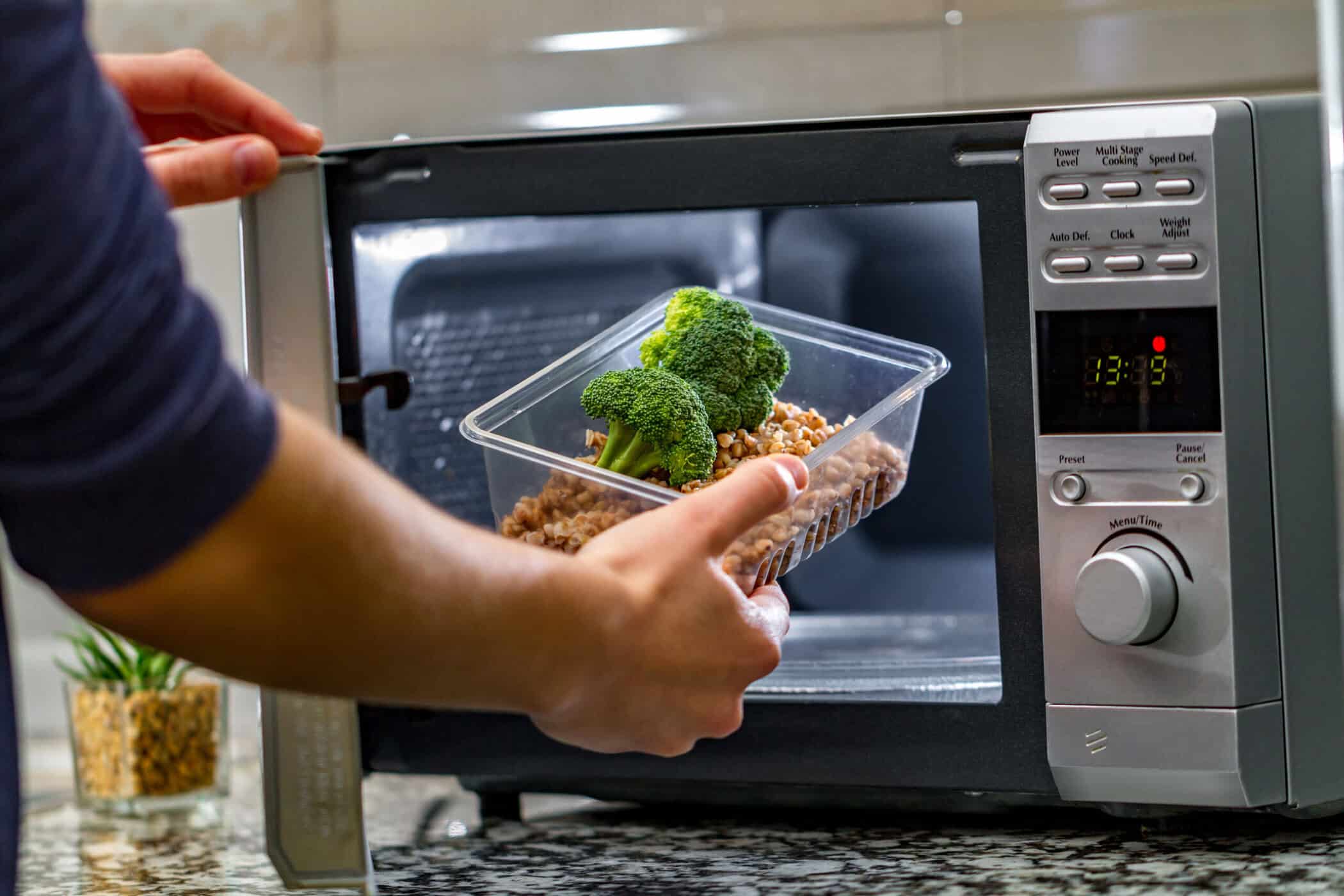
shutterstock
Dinner was a whole process back in the day. We would plan our grocery list, go shopping, and cook for an hour before it was ready.
It made us think more, plan more, and learn how to organize time. Yes, people had restaurants back in the day, but those were visited only on special occasions.
Today, in only one click, your food can be delivered to you, and all you need to do is wait for it to arrive.
Delivery apps would sound so sci-fi back in the day, and they were even featured in some predictions of what the future would look like (they just looked a lot less sleek than they do now).
5. Working from Home in Pajamas
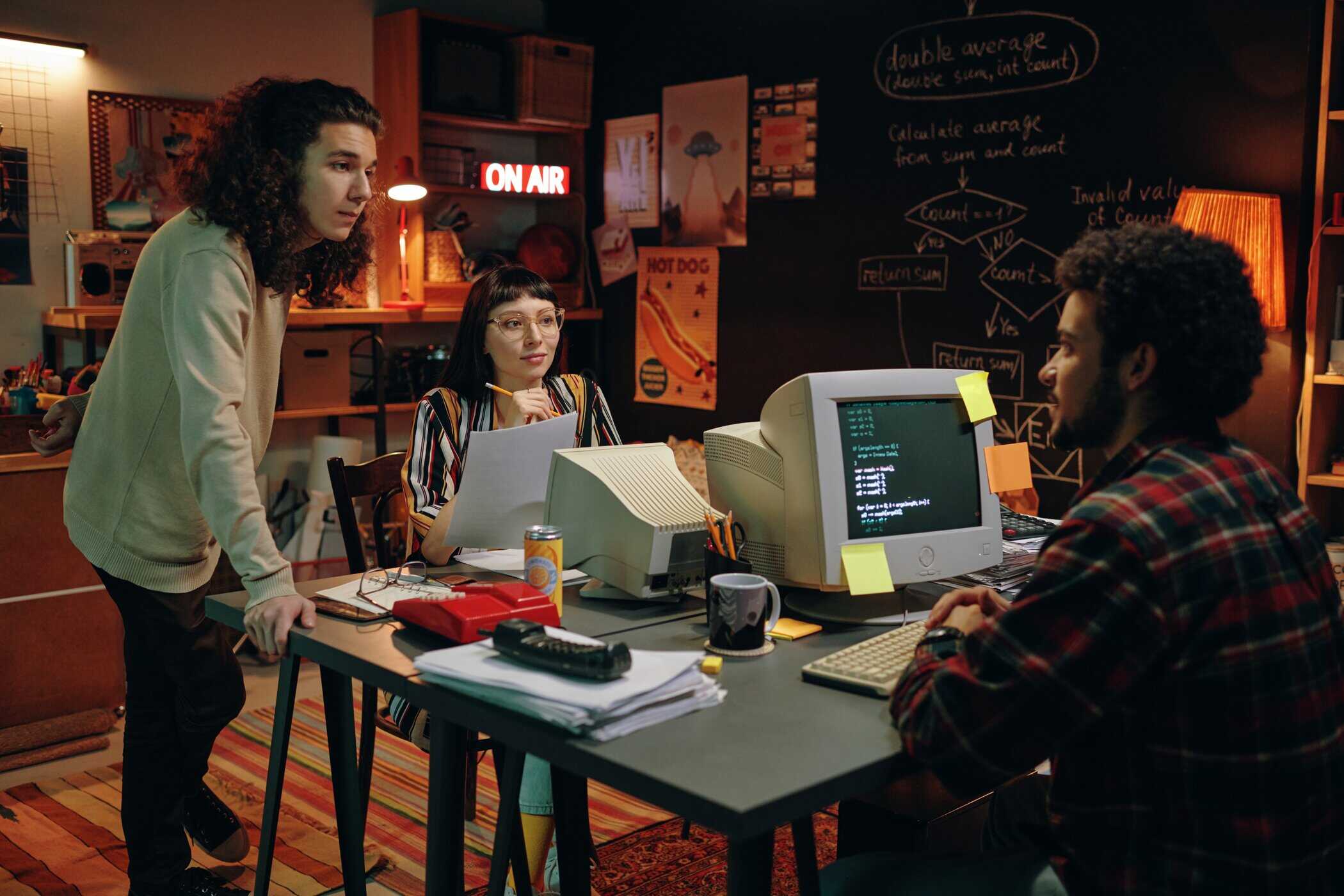
shutterstock
With office life being a norm for many decades, working from home would sound ridiculous back in the day.
All jobs had their place, and you had to work with other people, depend on them, and solve problems together face to face.
However, as the Internet became more developed and as the technology started becoming smarter, we realized that working from the comfort of our home is not such a bad idea after all.
But, saying that you could finish your work from your kitchen table, dressed in pajamas, and typing on a sleek computer was unheard of back in the ’60s and ’70s.
6. Taking Photos of Everything (and Never Printing Them)

© Envato
People once saved film for special occasions and developed it with care. You would be so excited to go develop your film and see how all those photos turned out.
If you had a favorite photo, you would put it in a special place on your shelf for everyone to see.
Now, we snap dozens of photos a day and they are usually of random things such as food, pets, streets, and outfits… but we forget them as soon as we see the next fun thing. Most of them never leave our phones, let alone see a photo album.
The idea of taking 20 selfies just to pick one would’ve seemed hilariously vain in the past, especially the fact that they are taken on a small device that fits in your pocket that can also call friends and write texts.
7. Using GPS for Every Destination

shutterstock
When you wanted to reach an unfamiliar spot, reading a map, asking for directions, or remembering landmarks used to be how you got there.
Now, even locals use GPS to get to familiar places because you never know when there will be traffic.
People in the past would’ve been amazed at this technology and being able to go to the exact address that is in another country with just the help of your gadget.
Paper maps are nearly extinct now, and it makes us wonder which of these options is more fun.
8. Streaming TV Instead of “Catching” It
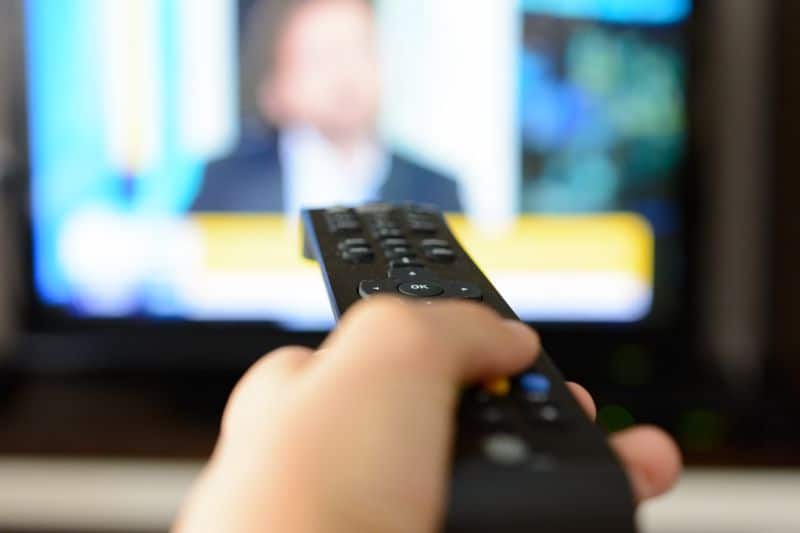
shutterstock
When we were kids, TV schedules ruled our evenings. If you missed the show, you would be so disappointed because it meant you had to wait for reruns (which were sometimes a week away).
Now we binge entire seasons in a weekend, and we pause when we need to collect our food or phone a friend.
The idea that you could just rewind a show would sound extremely futuristic to your grandparents back in the day, let alone streaming movies whenever you wanted.
There’s no waiting, no ads, and no need to rush after work to catch the beginning of your favorite show.
9. Scanning Our Faces to Unlock Phones and Laptops
Face ID and fingerprint scanners have replaced the forgettable and annoying keys, passwords, and pins.
The sheer idea of using your face to access personal data would have sounded like something out of a James Bond movie to the people from the past.
It’s so routine now that we don’t even think about how futuristic it actually is (and our grandparents still do not fully trust it).
10. Relying on AI for Everyday Tasks
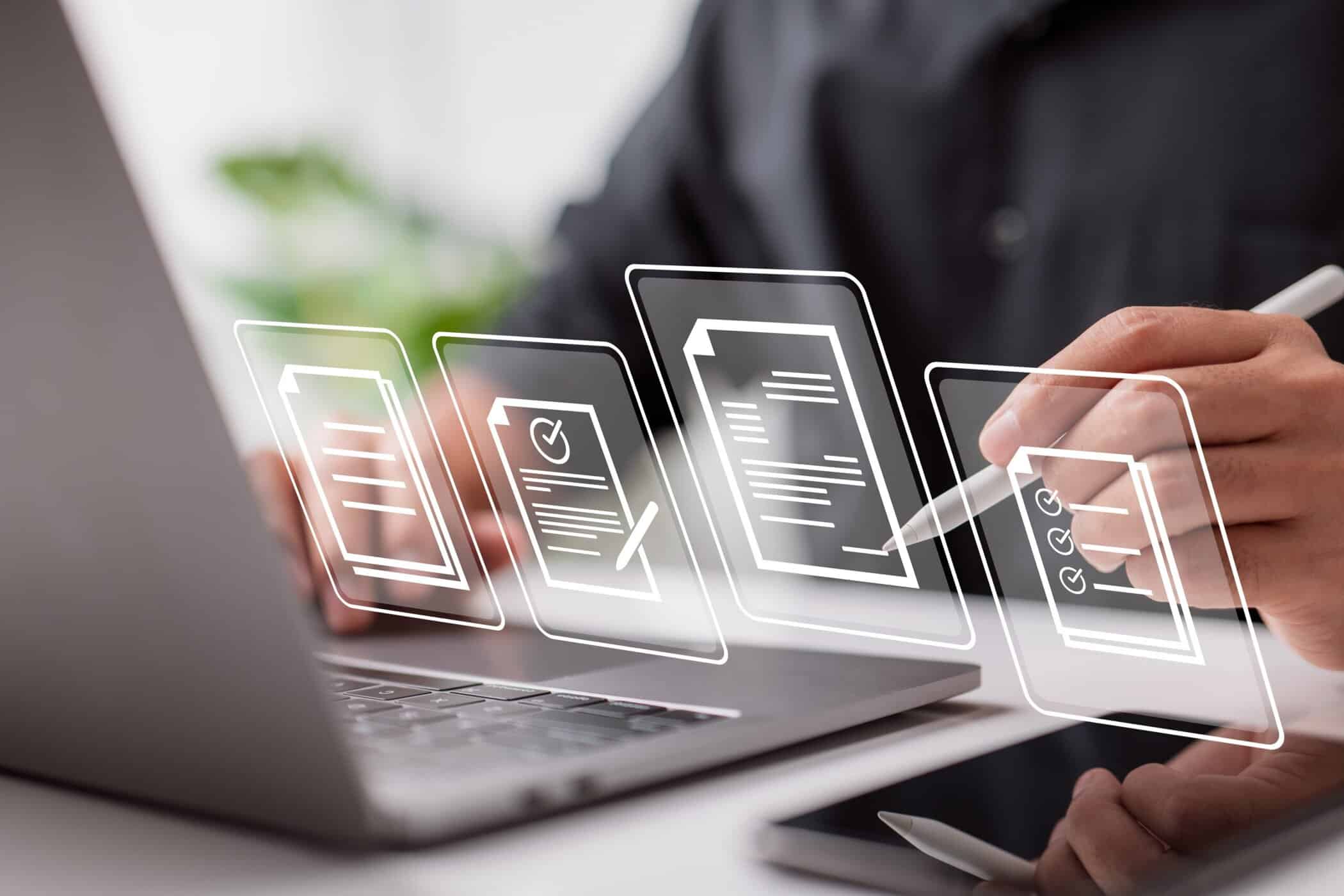
shutterstock
Using AI for homework, research, and even creating art is becoming more and more common these days, and this would sound too sci-fi to people from the past.
We ask AI to write our work emails, recommend shows, and even tell us some important relationship advice when we are feeling lost.
In the past, people relied on real stuff, such as dictionaries, encyclopedias, and their own imagination and intuition.
They did not trust anything that was not deeply researched and confirmed, so trusting a machine to give you advice would sound like something out of a Stanley Kubrick movie.
However, younger generations use AI for almost everything, from school to entertainment, and kids in the past would see this as something completely futuristic.
